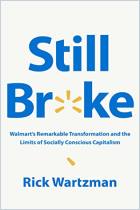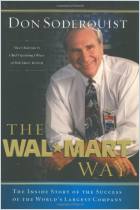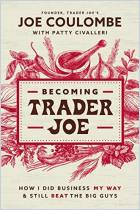Join getAbstract to access the summary!

Join getAbstract to access the summary!
Bill Chastain
The Target Story
How the Iconic Big Box Store Hit the Bullseye and Created an Addictive Retail Experience (The Business Storybook Series)
HarperCollins Leadership, 2020
What's inside?
Bill Chastain offers a detailed compelling history of Target, starting with its beginnings a century ago.
Recommendation
George Draper Dayton stood on a corner in Minneapolis in the 1890s, counting passersby. Local conventional thinking at the time held that businesses should open only downtown. But Dayton was never a conventional thinker. Based on the number of people he counted that day, he decided to buy uptown. This was the first of Dayton’s many sound business decisions. His new store became the precursor to the Target department store chain. In this interesting corporate profile, Bill Chastain captures Target’s history and explores the strategies that kept it going strong into the 2020s.
Summary
About the Author
Bill Chastain also wrote the sports books Steel Dynasty, The Steve Spurrier Story and Try Not to Suck as well as three novels: The Streak, Peachtree Corvette Club and Retrouvailles.























Comment on this summary